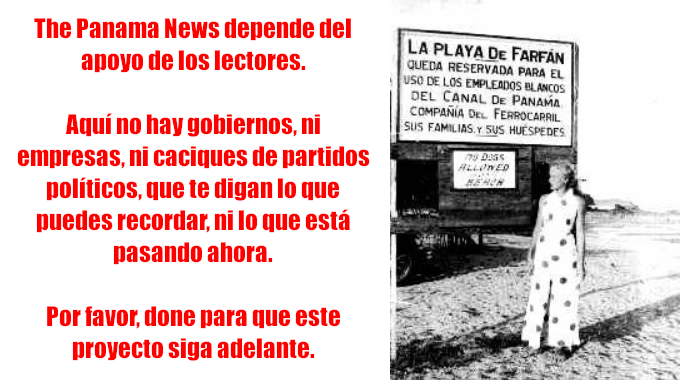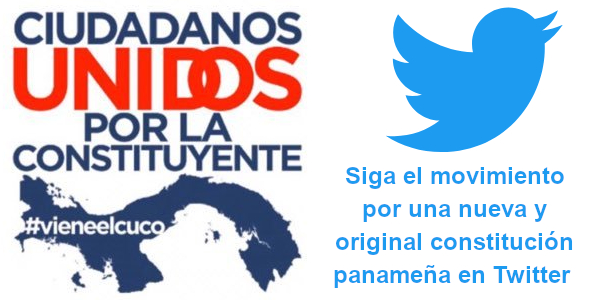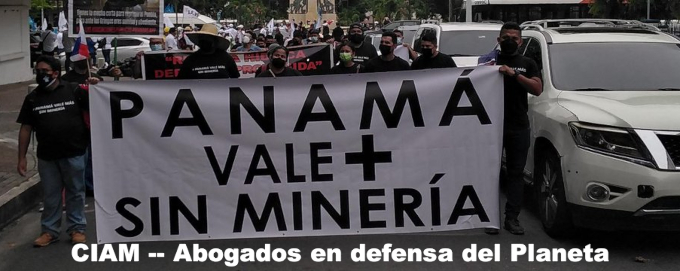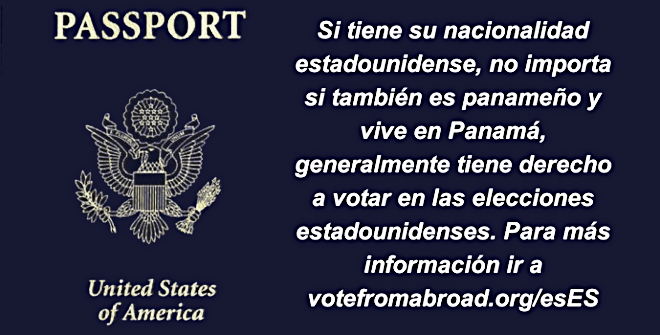Five journalists in Gaza reflect on the ceasefire announcement
translated by Sharif Abdel Kouddous
“These were moments mixed with joy and sorrow. Joy that this waterfall of blood will stop; that the massacres will stop; that the sentence, ‘this family has been completely erased’ will stop; that the phrase ‘he is the sole survivor’ will stop; that the words ‘the martyrs’ bodies are in the streets and no one is able to remove them,’ will stop; that all of this suffering will become a memory.”
Those are the words of Hossam Shabat, a Palestinian journalist who has been covering Israel’s genocidal war from northern Gaza. As Palestinians took to the streets to celebrate the announcement of the “ceasefire” deal on Wednesday, the Israeli military ramped up its bombing of Gaza, killing scores of civilians. At least 77 Palestinians have been killed since dawn Thursday morning, the director of the information center at the Ministry of Health in Gaza, Dr. Zaher al-Wahaidi, told Drop Site News, and 81 killed in the 24 hours prior to that.
Nearly 47,000 Palestinians have been killed in the 468 days of Israel’s assault on Gaza, according to the ministry of health, a figure that is almost certainly a massive undercount, and over 110,000 have been injured. Israel has destroyed vast swathes of the Gaza Strip and forcibly displaced nearly all of Gaza’s population.
Among those killed by the Israeli military are more than 200 journalists, an unprecedented number. The journalists in Gaza who have managed to survive are suffering many of the same horrors of the people they are covering — they have lost family members and friends, they have been displaced multiple times, they are hungry and exhausted — yet they manage to continue to report.
In the hours after the ceasefire agreement was announced, Drop Site reached out to journalists in different parts of Gaza to ask for their reaction to the news. They responded either by voice note or in writing over WhatsApp in Arabic and English. Their responses have been lightly edited for clarity.
Hossam Shabat, Gaza City. A 23-year-old journalist from Beit Hanoun, Hossam has been displaced over 20 times and was wounded in an Israeli airstrike in November. He is among six Al Jazeera journalists the Israeli military has publicly accused of being terrorists in what has been described as a hit list.
We have been waiting for this moment for over a year and three months. We have been waiting for the moment when we could broadcast the news of a ceasefire, for the end of this waterfall of blood. Just minutes before the official announcement, the injured who were at Al-Ahli hospital were celebrating around us. We were waiting for the ceasefire and this announcement as we imprisoned our tears in joy at the news.
These were moments mixed with joy and sorrow. Joy that this waterfall of blood will stop; that the massacres will stop; that the sentence, “this family has been completely erased” will stop; that the phrase “he is the sole survivor” will stop; that the words “the martyrs’ bodies are in the streets and no one is able to remove them,” will stop; that all of this suffering will become a memory. This was the basis of our joy. It was also the basis of our sorrow over the martyrs – we bid farewell to over 50,000 martyrs, there are also tens of thousands of wounded, there are the prisoners, all the other kinds of suffering. God willing, all of this is in the past and won’t return and this will become a memory.
We documented the joy of people here, and we were surprised when we witnessed the response of people here with their celebration, and fireworks and chanting and with the embracing of journalists. They carried us on their shoulders, and they celebrated us and they showed their pride in our work. We are not heroes, we just did our duty as best we could.
The worry now is the period between the announcement of the ceasefire and its implementation, which is in three days. What is typical is that the occupation army in such times tries to erase people’s joy. So now, it is madness – they are using warplanes to bomb civilians’ houses and tents. At this moment, the tents in south Gaza are burning. At this moment, there are tens of martyrs under homes in Sheikh Radwan and no one can pull them out. This is what people were afraid of — that the ceasefire would be announced and the occupation army would go crazy and would commit even more massacres. Right now, as I am speaking there are more than 30 martyrs lying in the courtyard of Al-Ahli hospital, in this area that since the beginning of the Israeli aggression war up until this moment has not stopped. We had hoped that we would see this area empty of martyrs, but the ones who were celebrating the ceasefire have now become martyrs. This is what people were afraid of.
Shrouq Aila, Deir al-Balah. A 30-year-old journalist from Gaza City. Her husband, journalist Roshdi Sarraj, was killed in an Israeli airstrike on their home in October of 2023. He ran Ain Media, which Aila now heads. In 2024, Aila received the International Press Freedom Award from the Committee to Protect Journalists.
How do I feel? To be honest, there is a lot of fear because the occupation has lost it. They are bombing in a crazy way. You remain afraid, you are not safe, you don’t know what is happening. And they betray, they have always been able to betray.
It’s a time of uncertainty and devastation and happiness at the same time. Mixed feelings. Heartbreak and relief, negative and positive. A combination of these feelings. But really, the uncertainty is looming around us. It’s not only me, it’s all around, because they have been bombing since the ceasefire announcement was made.
My personal feeling is that I’m terrified because, firstly, I’m not ready to accept the reality that everything is gone in the north. That my husband and home are gone. I’m super excited to get back to the north but at the same time, I don’t want to go back to the north. That’s what I mean by mixed feelings. But the most important thing is for the killing to stop. The healing process is going to take time, not only for me but for all Palestinians in Gaza. And at least we can begin the stage of healing, otherwise we will remain stuck in the denial stage under genocide. So we take a baby step with this ceasefire and then everyone can begin to grieve.
Bilal Salem, Gaza City. A 37-year-old journalist from Gaza City. He is a member of the Salem family who have lost over 270 members in different Israeli attacks.
My feelings when I heard the announcement — I saw the happiness of people and their tears of joy. But with regard to myself, as a journalist and a human being and a Palestinian who lives in north Gaza, I have contradictory feelings ranging from joy to sorrow. I lost nearly 250 members of my family. Relatives of relatives: my nephews, nieces, aunts, their sons and daughters, my uncles and their wives and children. I lost a very large number of people. We are one of the families that has the highest number of martyrs in this genocidal war.
I felt happy because we were always hoping the war would end. I am happy because the waterfall of blood will stop. I am happy that there will be no more hunger. I am happy because there is an ongoing tragedy that needs to end. Even if this is the least of all rights, the waterfall of blood needs to stop.
My wish as a journalist and as a Palestinian who lives in north Gaza is that everything goes smoothly and the bombing stops, because last night was very very bad, especially for us in the north of the Gaza Strip. I didn’t expect to live to be honest, it was very terrifying and very frightening. I hope there will be pressure on the occupation to stop committing all these massacres and to stop all this bombing, and to end this fear and terror for young and old alike.
I also want to add that the displaced in the south will head to the north and this is something we have been waiting for. We have family and relatives in the south. I am in the north and they are in the south and we have been waiting for them for over a year. So God willing we will see them safe and in good health.
Rasha Abou Jalal, Deir al-Balah. She reported on social issues for the local newspaper Istiklal for six years and was a jury member for the annual Gaza Strip press freedom event Press House in 2016.
Since the beginning of the war, I have been displaced more than nine times, escaping the bombing and searching for water and food sources. I am speaking to you today from a small tent in Deir al-Balah, where I, like other displaced people, am trying to understand my mixed feelings after the announcement of the ceasefire agreement.
Our feelings today are mixed. The night of the ceasefire announcement was full of happiness, with whistles filling the sky and people congratulating each other with great joy. However, this joy is mixed with great anxiety. The war has left nothing untouched. There is fear of the unknown, fear of continued suffering due to the massive destruction in Gaza, which has reached 83% of the Gaza Strip according to official Palestinian data, and fear that this calm will be temporary.
As displaced people, we dream of a simple return to the most basic necessities of life. We dream of a home that contains us, even if it is just modest walls. We dream of safety for our children, who have lived the most difficult days of their lives, and a real opportunity to build a better future.
But let’s be honest, the reality is very difficult. We lost our homes, our loved ones, our money. We fear being left alone to face all these challenges.
Many people here feel relieved that they will not have to flee the bombing every moment after the ceasefire comes into effect, but I also see the fear in their eyes. There are many questions: When will our homes be rebuilt? How will we rebuild our lives?
As a citizen, a displaced person, and a journalist, I want to emphasize that this war has proven that we are stronger than we think, and that hope is what keeps us steadfast. We hope that this agreement will be the beginning of a lasting peace, that every displaced person will have the opportunity to return to their homes, and that the page of wars will be turned in the history of our children.
This war ends and I have left in my memory as a journalist, more than 200 journalists who were killed by the Israeli army because of their work in conveying the Palestinian narrative to the world. To those journalist soldiers, you have the utmost respect from your people.
Abubaker Abed, Deir al-Balah. A 22-year-old journalist from Deir al-Balah who was a sports journalist before Israel’s genocidal assault began and has contributed multiple articles to Drop Site News.
The ceasefire announcement was a temporary reprieve from the hell we’ve been through, but it hasn’t secured anything for us. We’ll just go back to the same Gaza, that tiny, war-torn strip of land where over two million people and I will be subjugated, suffocated, occupied, and hurt. This won’t usher in anything pleasant for us but maybe in the long-awaited liberation. As a journalist, I’ve been doing the impossible to report. I never stopped even though I was pained and traumatized. I feel that the ceasefire is just a mental game to play on our feelings and keep us trapped in a bubble of unendurable suffering, which I have always dreamt of bursting.
I was 20 when I began reporting on this genocide; now I am 22. My hope is to be free, to be like any 22-year-old around the world. I have documented the most horrifying scenes and the most excruciating stories. Although I was a football reporter and had to evolve into a war correspondent, I kept speaking the truth at the top of my lungs and sharing our tragedies with a world that has let us down for the last 15 months. Reporting on a genocide goes way beyond journalism. It’s blending your agony with others’ anguish.
After the announcement, everyone in my area was happy that they would be heading back to their houses because this has always been their ultimate dream. They were elated and excited and couldn’t wait for Sunday. But some of those who were celebrating were killed and headed to a tiny graveyard among thousands of others in our increasingly inundated cemetery in Deir al-Balah. A lot of people, like my cousins who were displaced from northern Gaza since the start of the war, don’t want to only go home but to first bury their loved ones if they manage to find their bodies. Others want this to end because they haven’t yet grieved and absorbed the heartbreak. I am one of them. I still can’t believe that my very dearest friend was killed, my aunt’s family was wiped out, and that my colleagues are still under the rubble. I am quite simply traumatized.
Let me just tell you one thing: I still walk with a huge pang in my heart that Gaza has become the main haven while we always yearned to free our occupied hometowns. I will fight with my words now and forever to capture this moment. If it’s not for me, it’s for the coming generations. Our 77-year plight that has stalked every meter of Gaza will reflect eternal peace and freedom one day.
i
Contact us by email at thepanamanews@gmail.com
To fend off hackers, organized trolls and other online vandalism, our website comments feature is switched off. Instead, come to our Facebook page to join in the discussion.
These links are interactive — click on the boxes

>

>









































